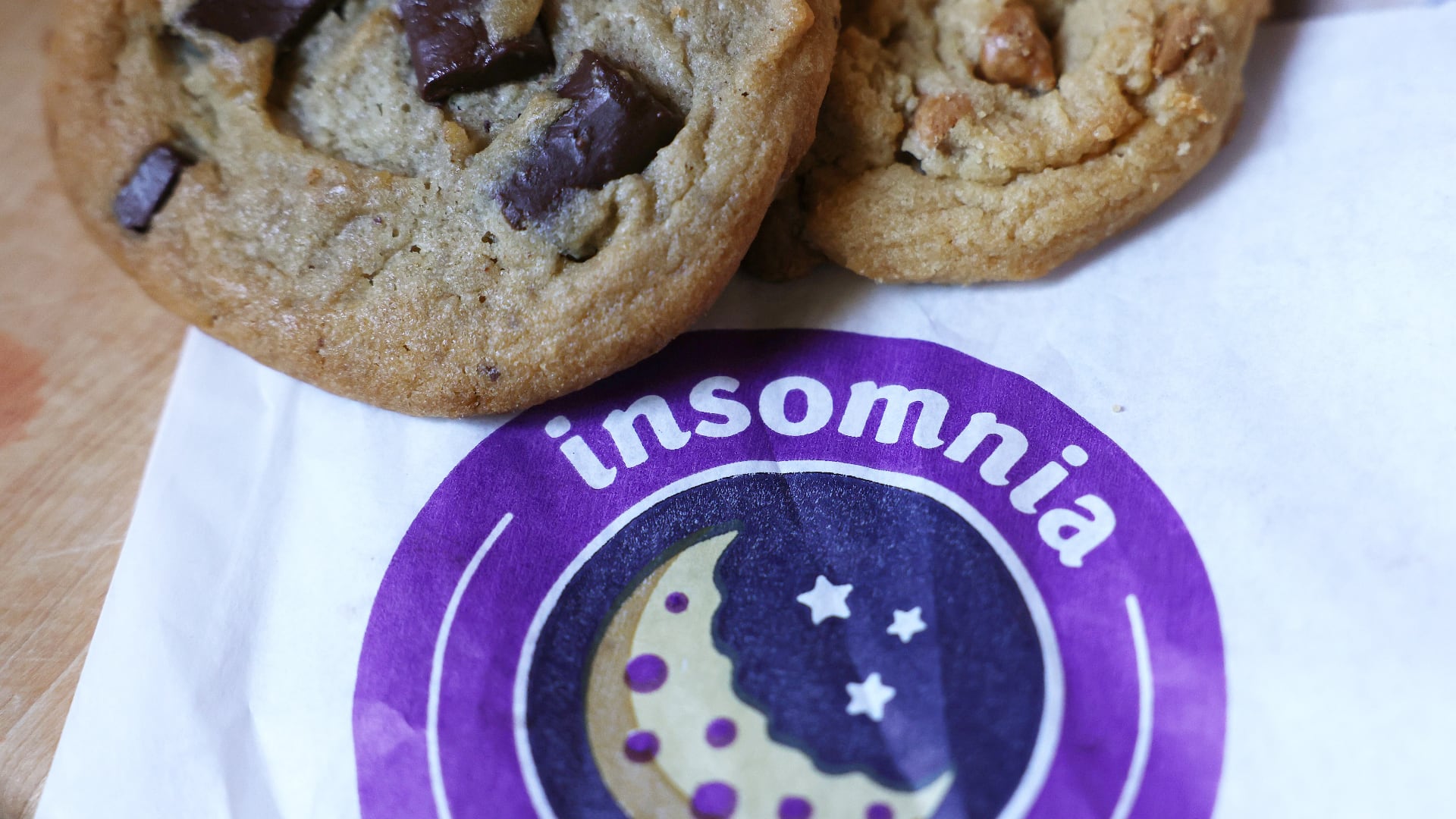*By Carlo Versano* There are three legs on the esports stool, and each one is crucial to the sector's development and maturation, according to ESL CEO Ralf Reichert: athletes, fans, and partnerships. "It's most important that the athletes, after all, are happy," Reichert said in an interview with Cheddar from the Barclays Center in Brooklyn, where the ESL One tournament took place over the weekend. Then come the fans, who now view tournaments more as "mini-festivals." That is perhaps why organizers like ESL are pouring resources into the fan experience. There are "massively upgraded activations" around ESL One, Reichert said. Finally, there are corporate sponsorships, in combination with the media. Partnerships, such as Mastercard's ($MA) recent deal with League of Legends and ESL's streaming partnership with Facebook ($FB), are key to taking esports to the next level. This also includes deals with venues like the Barclays Center ー what Reichert called the "most beautiful" tournament setting ー which add a layer of professionalism. As esports mature and take on new cultural relevance, ESL is settling into a role as an elder of the industry. In business since 2000, ESL has been a pioneer in the field, though Reichert says there's still plenty of pioneering left to be done. "It's still an educational journey we're on," he said. "We don't have the answers yet, but we're going to continue to try." For full interview [click here](https://cheddar.com/videos/the-future-of-esports).












